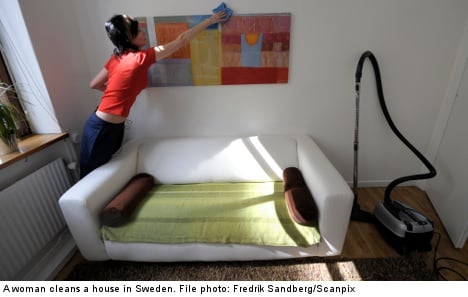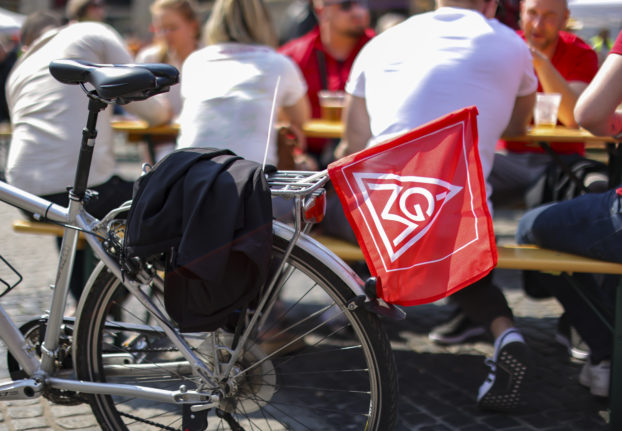The Swedish Trade Union Confederation, LO, wants to reduce migration from outside the Nordic region to Sweden in fields where its 14 blue-collar member unions represent workers.
In a report presented on Wednesday, LO noted that two thirds of permits for non-Nordic citizens are issued for professions where there is already high domestic competition for jobs. The professions include cleaners, construction workers, and employees in the hospitality sector.
“We are not saying that the unions should have some kind of veto,” LO spokesman Thord Ingesson told the Dagens Nyheter newspaper.
“But we think giving permits should be based on some kind of list from the Employment Agency (Arbetsförmedlingen) that shows in which fields employers are having problems finding people.”
The confederation further argues that the reform had not helped plug holes in the labour market, but instead shifted the power balance between employees and employers to the latter’s favour.
The reform, they said, had also opened the doors to exploitation and that authorities needed to take greater responsibility in vetting employers who apply to bring in foreign workers to make sure they were accountable.
The confederation further said that issuing work permits that mean workers have to leave the country if the contract is terminated meant that employees became dependent on their employer. Such a dependence was a threat to their right to highlight concerns in the workplace and their right to take an employer to task if details of their job contract were not honoured.
The permits, LO suggested, should not be tied to a specific employer.
TT/The Local/at



 Please whitelist us to continue reading.
Please whitelist us to continue reading.
Member comments